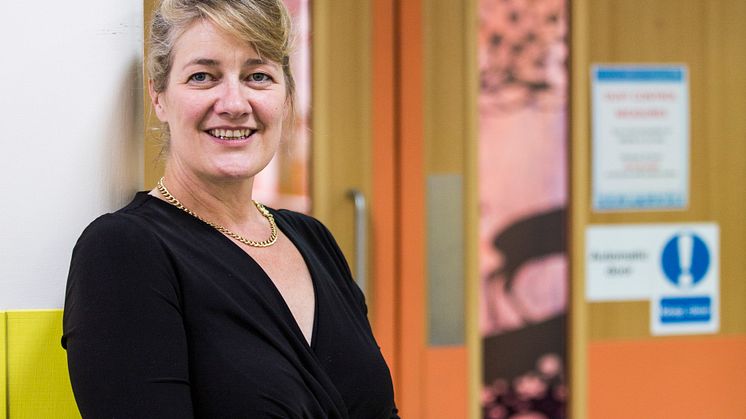Document -
Wireless technology breathes new life into medical practices
A leading clinician of a top UK children’s hospital believes wireless monitoring is changing the face of healthcare. Dr Heather Duncan, intensive care consultation and lead of the RAPID (Real-time Adaptive and Predictive Indicator of Deterioration) project at the Birmingham Women's and Children's NHS Foundation Trust says this new wireless technology is "offering so many benefits to everyone”.
go to media item
- License:
- Media Use
The content may be downloaded by journalists, bloggers, columnists, creators of public opinion, etc. It can be used and shared in different media channels to convey, narrate, and comment on your press releases, posts, or information, provided that the content is unmodified. The author or creator shall be attributed to the extent and in the manner required by good practice (this means, for example, that photographers should be attributed).
- File format:
- .docx
